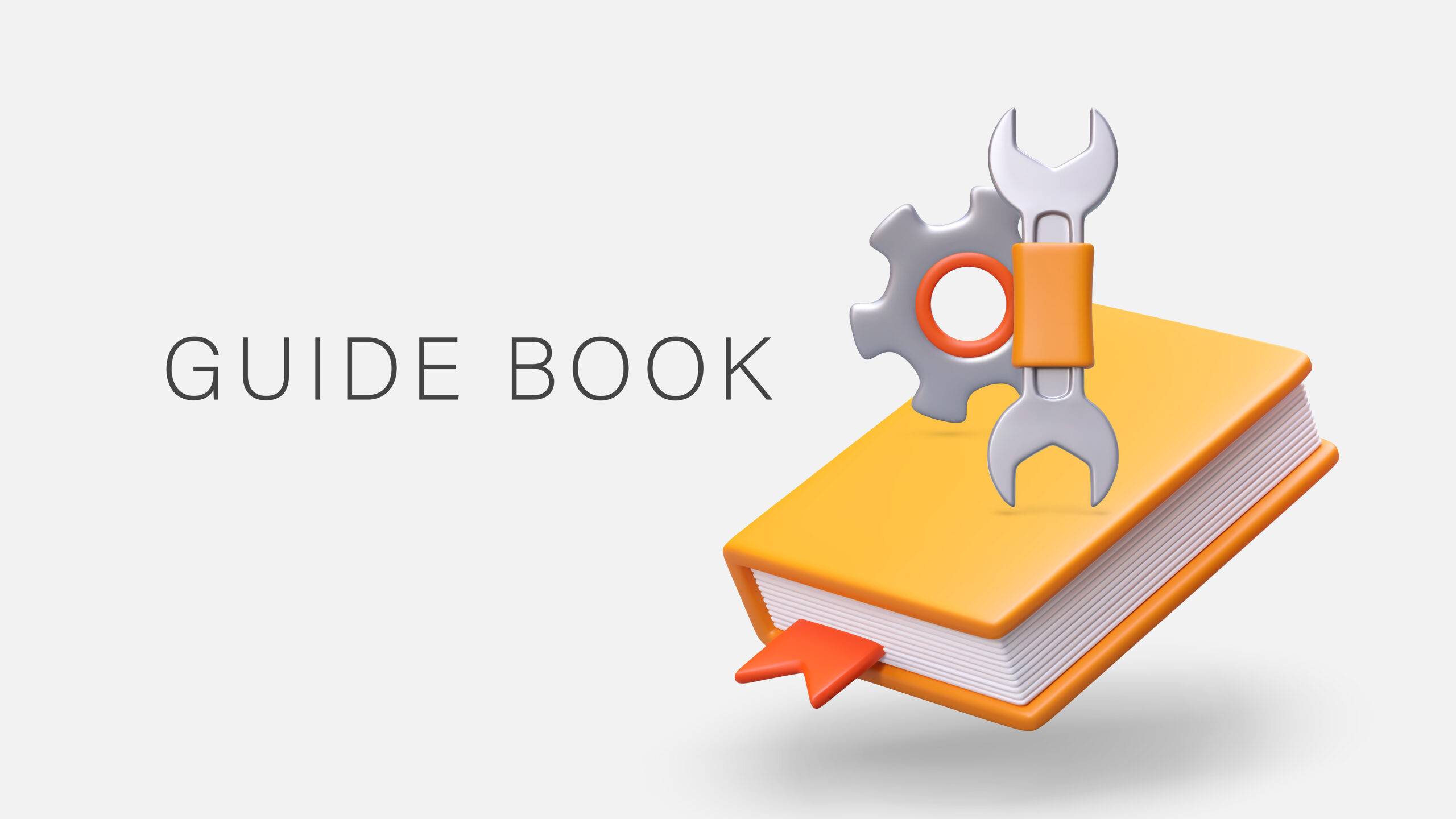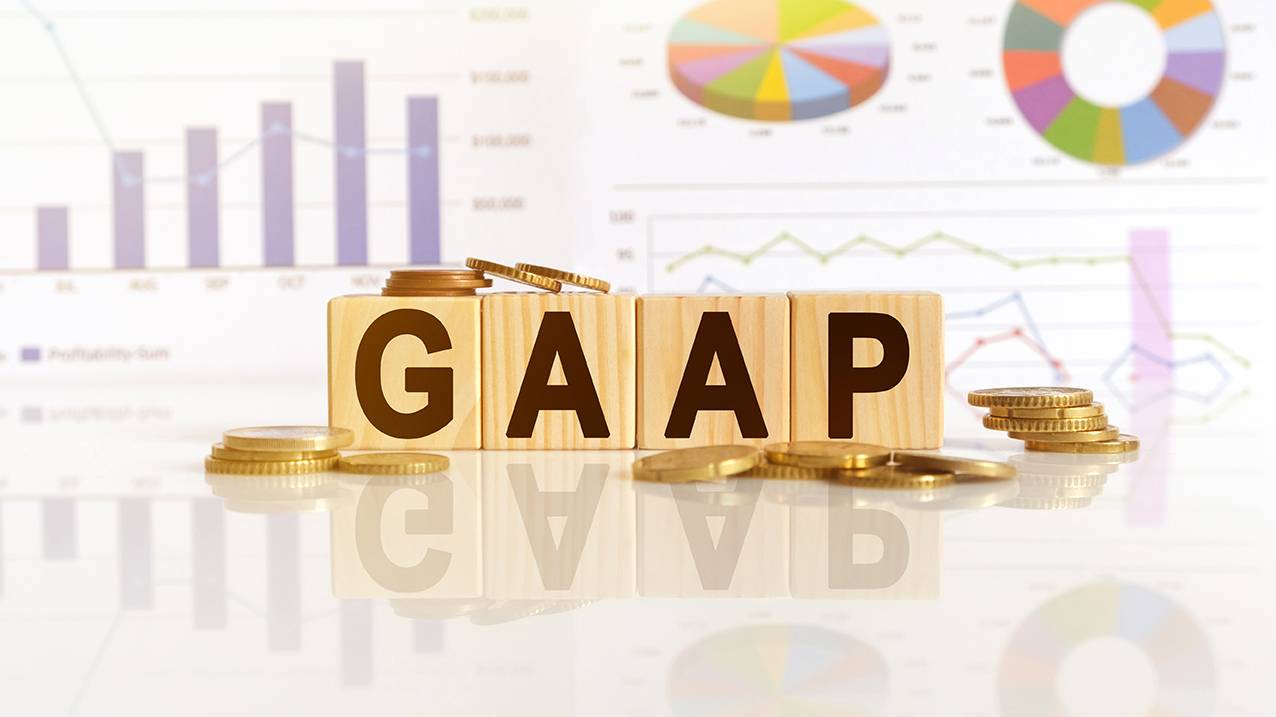Self-Study
Payables Management
Transform payables management by streamlining invoice processing and controls.

$290.00 – $320.00
Webcasts are available for viewing Monday – Saturday, 8am – 8pm ET.
Without FlexCast, you must start with enough time to finish. (1 Hr/Credit)
Please fill out the form below and we will reach out as soon as possible.
CPE Credits
10 Credits: Accounting
Course Level
Overview
Format
Self-Study
Course Description
Are you grappling with the challenge of managing a deluge of supplier invoices and employee check requests? The intricacies of balancing rapid payment demands with the critical need for thorough investigation can be daunting. Payables Management is here to transform this challenge into an opportunity. This payables in accounting CPE course delves into crafting an efficient payables system that not only minimizes costs but also tightens control over payments. The payables in accounting CPE explores the pain points of managing use taxes, closing books, and payables controls, offering practical solutions. Moreover, it addresses complex issues like unclaimed property and cost recovery efforts, providing clarity and actionable strategies. Designed for finance professionals, this course is an essential tool for developing robust payables systems and mastering varied transactions. This payables in accounting CPE course’s comprehensive coverage makes it an indispensable reference for your professional growth.
Learning Objectives
Upon successful completion of this course, participants will be able to:
Chapter 1
- Recognize the types of transaction cycles as well as the effects of the different organizational structures.
Chapter 2
- Specify the effects of the matching concept and the use of adjustment documents in invoice processing.
Chapter 3
- Identify the types of payments, their advantages, and when they are used.
Chapter 4
- Specify the exclusions from expense reports.
Chapter 5
- Recognize the steps used in the reconciliation of a procurement card statement.
Chapter 6
- Identify the parties involved in remitting sales and use taxes.
Chapter 7
- Identify the concepts under which supply chain financing is offered to suppliers.
Chapter 8
- Specify how accounting software applies information when an invoice is recorded.
Chapter 9
- Specify how accrued expenses are calculated.
Chapter 10
- Identify the types of process improvements as well as the methods used to improve the layout of a department.
Chapter 11
- Recognize the controls used for invoice processing, recurring payments, expense reports, procurement cards, and petty cash.
Chapter 12
- Identify the types of fraud that can apply to payables.
Chapter 13
- Cite the impacts and features of the different types of payables technology.
Chapter 14
- Identify the fields used in the vendor master file, and the methods used to derive supplier identification numbers.
Chapter 15
- Specify the uses of the Form 1099 copies.
- Identify the fields used in the Form 1099.
- Specify the situations in which backup withholding is not required.
Chapter 16
- Recognize the rules under which unclaimed property is sent to the applicable state government.
- Specify the processes related to unclaimed property.
Chapter 17
- Specify the areas in which cost recovery efforts can yield a significant return.
Chapter 18
- Cite the situations in which certain payables measurements can yield incorrect or skewed results.
Course Specifics
1143408
August 10, 2023
There are no prerequisites.
None
235
Compliance Information
CMA Notice: Western CPE makes every attempt to maintain our CMA CPE library, to ensure a course meets your continuing education requirements please visit Insitute of Management Accountants (IMA)
CFP Notice: Not all courses that qualify for CFP® credit are registered by Western CPE. If a course does not have a CFP registration number in the compliance section, the continuing education will need to be individually reported with the CFP Board. For more information on the reporting process, required documentation, processing fee, etc., contact the CFP Board. CFP Professionals must take each course in it’s entirety, the CFP Board DOES NOT accept partial credits for courses.
Meet The Experts

Steven M. Bragg, CPA, is a full-time book and course author who has written more than 300 business books and courses. He provides Western CPE with self-study courses in the areas of accounting and finance, with an emphasis on the practical application of accounting standards and management techniques. A sampling of his courses include the The New Controller Guidebook, The GAAP Guidebook, Accountants’ Guidebook, and Closing the Books: An Accountant’s Guide. He also manages the Accounting Best Practices podcast. Steven has been the CFO or controller of both public and private companies and has been a consulting manager with Ernst & Young and …
Related Courses
-
 Accounting
Accounting
Accountants’ Guidebook
Steven M. Bragg, CPA QAS Self-Study
Credits: 30 $600.00
QAS Self-Study
Credits: 30 $600.00$600.00 – $640.00
-
 Accounting
Accounting
Accounting Fraud: Recent Cases
Joseph Helstrom, CPA QAS Self-Study
Credits: 1 $29.00
QAS Self-Study
Credits: 1 $29.00$29.00 – $49.00
-
 Accounting
Accounting
GAAP Guidebook
Steven M. Bragg, CPA QAS Self-Study
Credits: 29 $580.00
QAS Self-Study
Credits: 29 $580.00$580.00 – $620.00
